“They Created A Brand Built On Exclusion,” Says Ben O’Keefe Of Abercrombie & Fitch
A company that bottled sex, youth, and all-American elitism gets exposed in "White Hot: The Rise & Fall of Abercrombie & Fitch."

Before the signature shopping bags printed with ripped male torsos, and Bruce Weber-shot ads featuring preppy WASPs laying down their lacrosse sticks to romp naked with their chums, before Abercrombie & Fitch was the hottest mall retailer in ’90s America, it was a venerable outfitter for rugged and rich outdoorsmen like Teddy Roosevelt and Ernest Hemingway.
Then, in the early ’90s, CEO Mike Jeffries took the helm, and, according to filmmaker Alison Klayman’s thorough, and thoroughly entertaining, documentary White Hot: The Rise & Fall of Abercrombie & Fitch, he was just the visionary micromanager to heat up the retailer’s image and sales.
Jeffries sought to encapsulate the brand’s lusty, youthful mystique in their stores — dimly-lit, permeated by cologne and thumping club beats, guarded by statuesque, shirtless “brand representatives.” Abercrombie became a pop culture phenomenon.
“That smell. That music. Those hot, shirtless guys,” recalls activist-producer Ben O’Keefe. “They created a brand — a brand built on exclusion.”
O’Keefe appears in White Hot to chronicle his own illustrious role in the history of A&F, and in the controversies that eventually brought the house that Mike Jeffries built crashing down around him.
“When you think of White Hot, first of all, you have to think of white, because white was the vision of Abercrombie & Fitch,” says O’Keefe. “White, hot, all-American kids with a lot of friends — and anyone who didn’t look like them didn’t belong in their clothes. Their CEO said it himself.”
In fact, Jeffries notoriously defended the retailer’s discriminatory recruiting practices and limited clothes sizing by proclaiming the brand simply wasn’t meant for the overweight or unattractive.
As a self-described “fat, gay, poor kid,” who also happens to be Black, O’Keefe read Jeffries’ comments years after the fact, and took the diss personally.
“I stumbled upon a quote that was seven years old, where Mike Jeffries said, ‘Are we exclusionary? Absolutely.’ And it absolutely changed my life. But it also kind of ticked me off. I thought to myself, ‘It’s been seven years. Why has no one done something about this?’ And I realized, ‘Wait, I’m somebody, I could do something about this.'”
Then just 18, O’Keefe googled how to write a press release, and created a petition expressing the harm caused by the company’s exclusionary practices. The petition demanded that A&F add a range of plus sizes, and that Jeffries apologize for saying that “a lot of people don’t belong” in Abercrombie & Fitch.

“I sent it out to hundreds of people and it sparked a movement,” O’Keefe says. “It actually really sparked my career in activism. I learned what could happen when we harnessed our stories, our personal lived experience, and shared it with people and allowed them to join you and build collective power. And I’m so thankful. This was a time before Parkland kids and Little Miss Flint, and times where young people showed that we actually could have a voice, and I’m really proud of that.”
O’Keefe’s viral campaign prompted A&F to agree to a meeting with him and the head of the National Eating Disorder Association. As revealed in White Hot, Mike Jeffries skipped that meeting. The former CEO — who was closeted then, but now reportedly lives with his male partner — also skipped appearing in the film to comment on his ouster amid lawsuits and scandal, as Weber was hit with a wave of sexual harassment allegations.
O’Keefe, recently named to Forbes Magazine‘s “30 Under 30” for his continued activism and entrepreneurship through production company Creator+, notes that, to this day, he has never met Mike Jeffries.
“I’ve never received a phone call, a note, a cute little care package of clothes, nothing,” he says. “I absolutely expected to meet with him [that day]. I met with just about everyone else on the senior leadership team. And Mike didn’t show up. And when you don’t show up, it’s hard to really believe that you care about having a conversation. Here was this 18-year old delivering tens of thousands of voices of people across the country who he had hurt. And he couldn’t even come into the room and face the music. I feel like he was very cowardly in that.”
White Hot: The Rise & Fall of Abercrombie & Fitch is available for streaming on Netflix. Visit www.netflix.com.
Support Metro Weekly’s Journalism
These are challenging times for news organizations. And yet it’s crucial we stay active and provide vital resources and information to both our local readers and the world. So won’t you please take a moment and consider supporting Metro Weekly with a membership? For as little as $5 a month, you can help ensure Metro Weekly magazine and MetroWeekly.com remain free, viable resources as we provide the best, most diverse, culturally-resonant LGBTQ coverage in both the D.C. region and around the world. Memberships come with exclusive perks and discounts, your own personal digital delivery of each week’s magazine (and an archive), access to our Member's Lounge when it launches this fall, and exclusive members-only items like Metro Weekly Membership Mugs and Tote Bags! Check out all our membership levels here and please join us today!








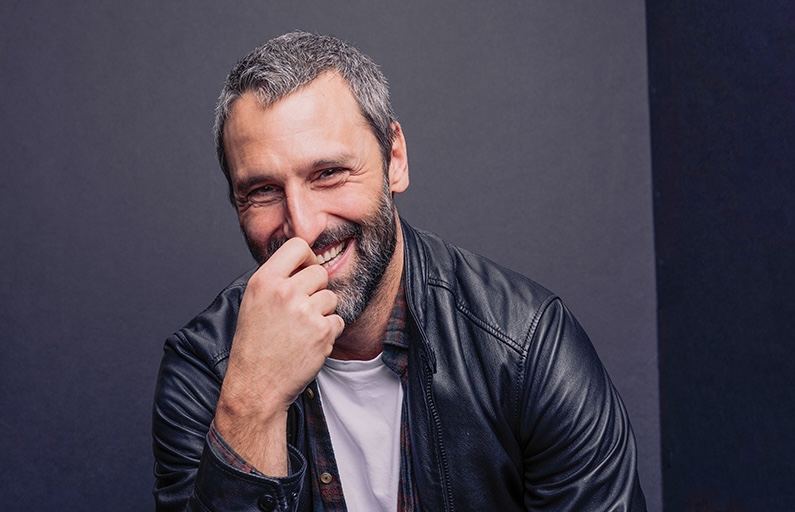












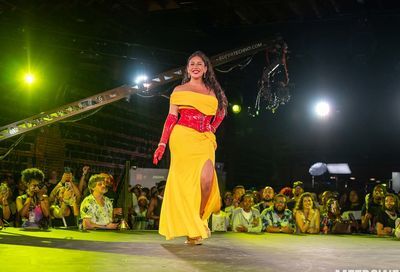

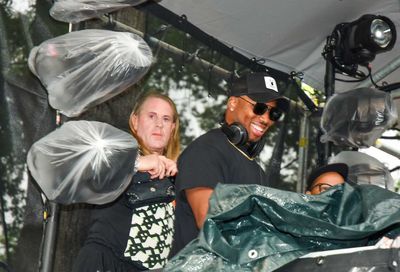
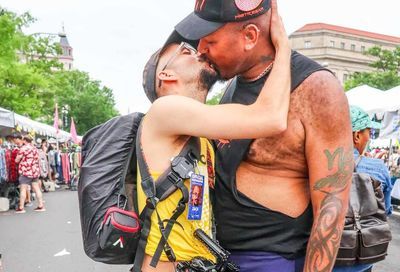
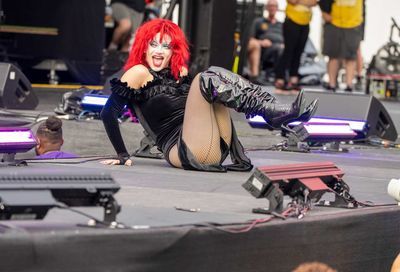

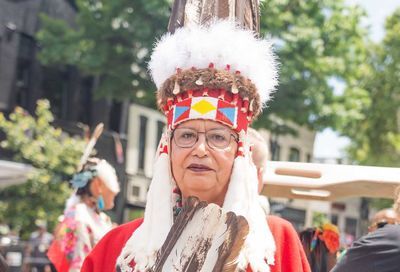
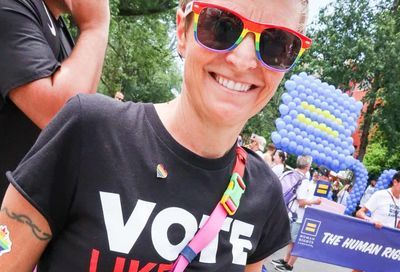
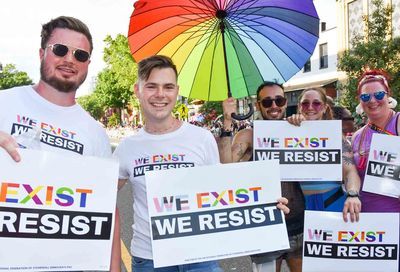

You must be logged in to post a comment.